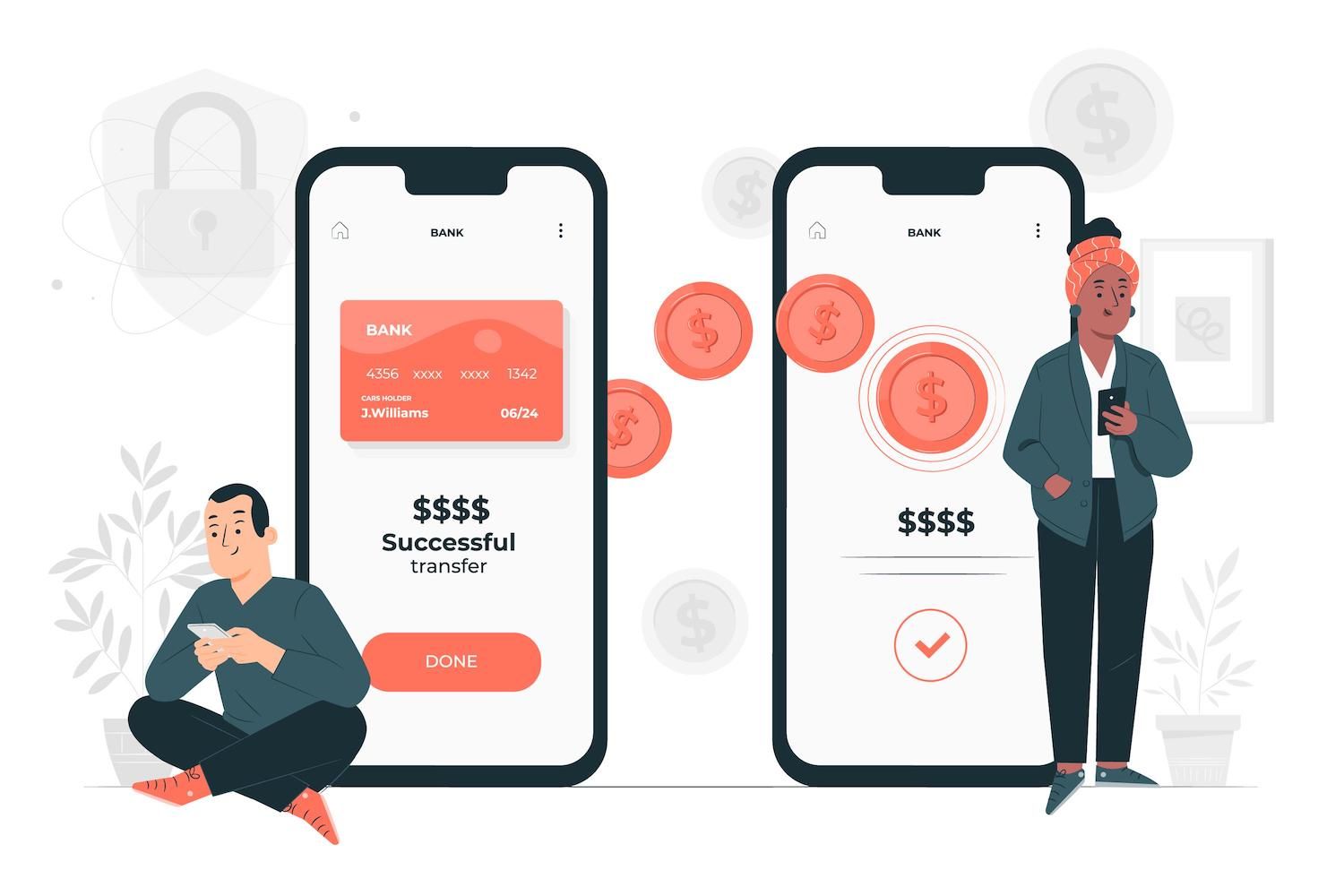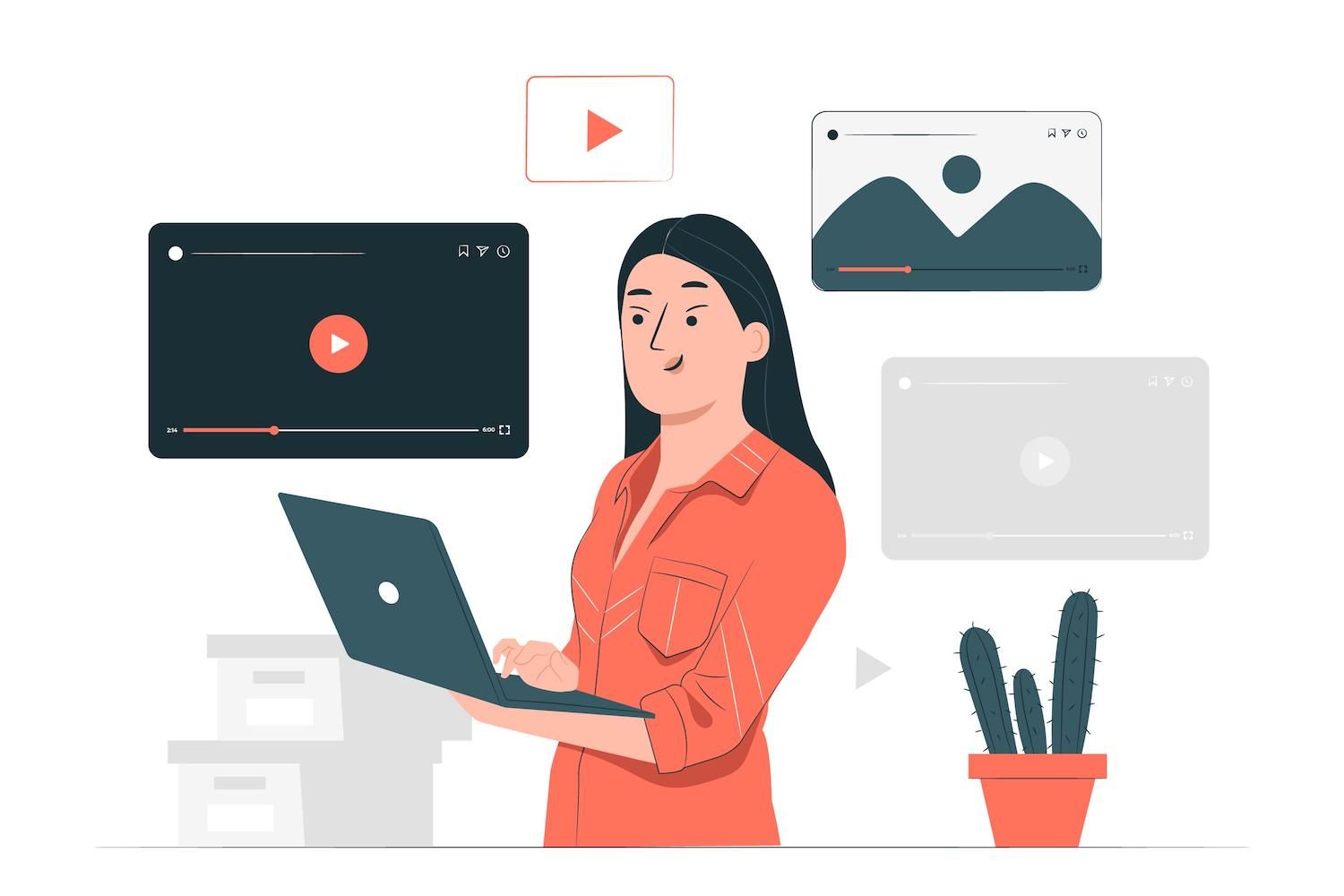How to Sell a Mobile App or game outside App Stores -
Thanks to Tony Markov for contributing to this article!
If you're not sure what to do to market your application direct to the consumer (D2C) outside the apps stores -- or if you're seeking a different way to monetize your game or mobile app and game, you might be wondering what possibilities you have.
The high costs of platforms such as the Apple App Store and Google Play could create a need for developers of games and app creators to look beyond the ease of use and accessibility of traditional marketplaces for app apps however, the restrictions of platform owners make it more challenging.
In the meantime, as a result of ongoing court cases and the development of new rules and laws The mobile world has changed.
You might have more options than you thought -- but where do you begin?
In this article will cover:
- Current app store practices and costs.
- Various tools you can use to monetize games and apps outside of app stores.
- Highlights from the most recent U.S. and European legal coverage that may influence game sales and app monetization.
What is the way mobile App Stores function currently
Making up 99% of markets for mobile operating systems market share across the globe, Android with the Google Play Store as well as iOS using the Apple App Store enjoy the duopoly of mobile software distribution as well as mobile app e-commerce all over the world. While those markets are beginning to open up and are becoming more accessible, it's important to know the principles that apps were previously operating with.
The positive side is that since apps are widely used by nearly every person on earth with mobile phones, the capacity to bring in new users to your application or who play your game is unrivaled. Then, app stores make it easy and convenient for customers to download and pay for the latest apps as well as in-app purchases using a platform they're already familiar with, as well as by using the payment method they've stored to their account.
App stores can also make it easy for app developers to distribute their apps. They can also handle essential aspects of transactions, such as various payment options and currencies, as well as fraud, tech support related to the transaction, as well as collecting and settling sales tax.
However, that convenience can come at a steep cost to designers.
The Downsides of Monetizing via Major App Stores
Assuming your game or app is approved by mobile app store gatekeepers at the beginning, the complete lack of competitors means that the costs associated with sales via iOS and Google Play app stores are very high -- usually at least 30%..
The same fees apply to purchases in game. So, even if you plan to release a free app but monetize it using in-app purchases, your players as well as users are burdened by paying steep charges to app stores.
The Fees are Passed -- Or the Savings -- - to the Consumers
Some apps are starting to make it clear that at a minimum, a part of high app store fees are passed on directly to the buyers, despite that there are lower-cost options alternatively.
Otter's 2023 Pro Pricing Changes
Otter updated its pricing policies by mid-2023. The price changes for packages coming into effect in August 2023.

But there was one particularly interesting Pro choice: Paying for a yearly subscription via Apple App Store or Google Play Store can cost customers additional 10 dollars and will raise the cost by a significant amount, ranging between $119.99 to $129.99 USD.
In order to explain how customers are able to avoid the charge, Otter placed a green "Tip" box just under that Otter Pro pricing grid, telling users to "Learn how you can change your Apple App Store or Google Play Store subscription to Otter through the Web ."

To address this pricing discrepancy more directly, the FAQ section at the lower left of the announcement page states that the price increase via apps stores "reflects the additional charges required to host the Otter.ai subscriptions both on Apple as well as Google's apps stores."
It goes on to strongly recommend users to cancel their current Apple App Store or Google Play Store subscriptions and renew their subscription on Otter's site..
The Growing Trend of Video Game User Account Purchases
Similar to Otter, many game app creators are providing discounted rates to customers who buy out of the app using an external account tied back to the app.
Developers can advertise these kinds of discounts and user accounts through their websites.

App developers make it quick for a user to sign up by simply using the app on the phone, then pressing an icon to register a user account, and completing registration.
Then users can easily purchase items from the website directly, for much cheaper than when they make the same purchases within the app. (More about user accounts here.)

The List of App Developers Selling D2C Will Grow
While there are many benefits to selling games and apps via apps and games through iOS App Store and Google Play but the disadvantages with pricing and limitations to game distribution mean that when court proceedings continue to rage on and new rules open the markets, more and many developers will wonder whether they could implement a D2C plan for their app or game.
How to Sell Apps outside App Stores
However, the Otter app cannot be accessible via Apple's App Store or the Google Play Store -- and Otter has a premium cost if customers are paying for their yearly Pro subscription via the stores -- there's an alternative that's less expensive for users to download the app through one of the stores, and then paying for their service on Otter's own website using a different payment services company.
This model provides an illustration of the differences between the distribution of an app through the marketplace for apps, as well as making money from an app via app marketplaces.
Even if downloads of your app are captive to proprietary stores, that doesn't mean it's the only option for customers to purchase the features or services you offer.
Here are some of the key things to consider in establishing your own monetization option outside of major app marketplaces.
Pick a Payment Provider
There are a variety of options available for payment services providers (PSP) as well as merchants of record (MoR) on the market that you could set up to accept payments that are not accepted by the app stores that have device capabilities.
However, there's a major differentiator between payment services suppliers in comparison to merchants of record.
PSPs help businesses sell their products by providing PSP assists businesses in selling products by providing the specific connectivity and services required for this (such for connecting payment gateways, payment processors and merchant accounts).
A MoR like does all that and is able to take on significant responsibilities including ensuring the rules for card brands, regulations laws in a variety of countries as well as risk, sales taxes and VAT, among others. This includes the calculation, collection taxes, and paying them.
Why Shouldn't You Just Choose a Lower-Cost Solution like Stripe?
Stripe comes with multiple upgrades to fill some of those gaps, but each upgrade package will continue to raise the cost.
Users Accounts
To connect purchases between your own checkout option and your app that was downloaded from an app market place, you'll probably require some sort of user account system for users to monitor their purchases and receive in-app credits for their purchase.
User accounts will allow users to purchase items outside the App Store as well as the Play Store after which they sign in to your app to see the purchase credited to their account.
If you're a customer of ours , we offer consumers with support and, in case there are any problems concerning their purchase, or with their purchasing account, we'll there to help.
The purchases that are tied to accounts of users typically take the form of in-app currency or subscriptions.
In-App and In-Game Currency
For monetizing your app with the in-game or in-app currency The currency is bought using real money on your website and later redeemed in your app for things or features.
For many app games, the applications use in-game currency like gems, coins, gold, or a special fictional currency which players can redeem for bonuses within the game. It is usually purchased in various packages, which include exclusive pricing on the web when users quit the game and go directly to the website of the developer.
Subscriptions
In lieu of making individual purchases only when needed, you may prefer to provide access to your app (or its premium services and features) through a subscription service, usually available on a monthly or annual basis.
Apart from a freemium plan the Otter's plans are also available in yearly or monthly subscriptions.

Items and Upgrades
The addition of items and upgrades is an additional option to monetize your application. These are a great alternative to other options like subscriptions and currencies in-app, or may work together with them.
For instance, Otter offering a freemium version of their services (either through their website or via their application) upgrade options like additional transcription time as well as team collaboration and advanced export options help encourage users to sign up for their Pro and Business packages.
In the case of games, the options are almost endless with unique items, characters, power-ups, and more in order to encourage players to buy on the site and then redeem within the application.

Legal News Re: App Revenue and Monetization
If you're not familiar with the ongoing and recent legal issues that may affect the both Google and Apple's online stores in some way, there have been quite many across the U.S. and Europe alone.
HTML0 is the Digital Marketing Act (DMA)
Epic Games' Lawsuits
Following the incident, Epic Games used discounts to encourage its Fortnight customers to pay using an alternative payment method instead of the app marketplaces, both Apple and Google then deleted Fortnight out of their store in 2020. Epic Games then separately sued both Apple and Google.
In the Google appeals, the case will continue, but the court in December 2023 was in favor of Epic on all counts.
State-Led Courts
Join With

